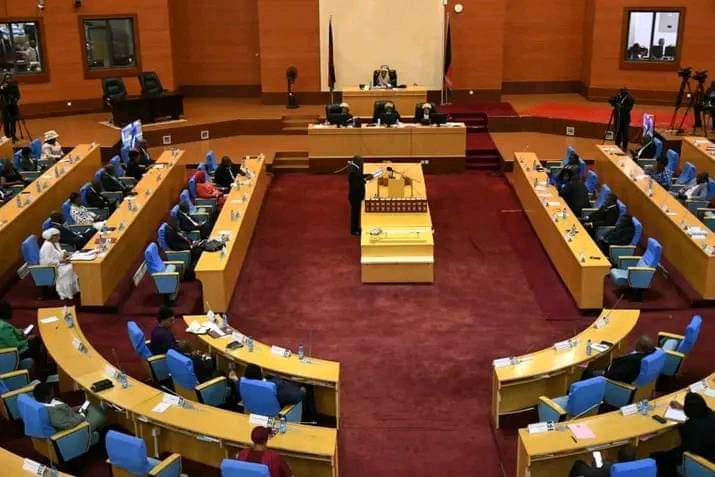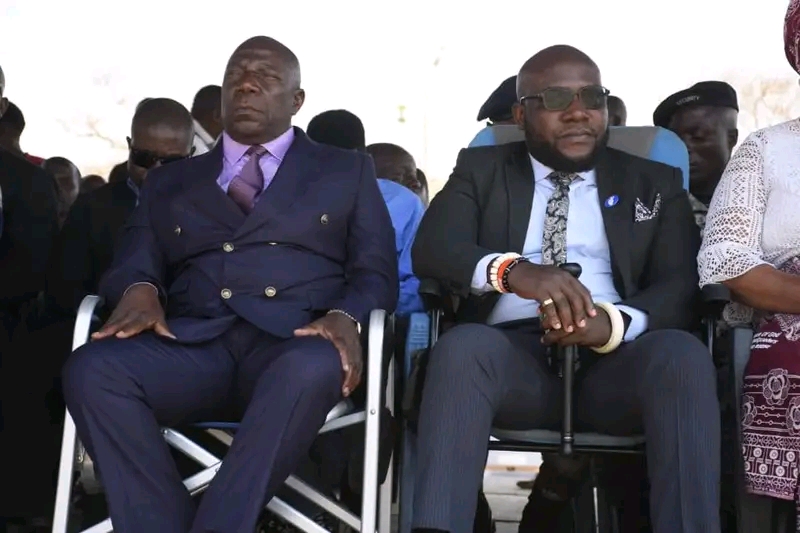▪️The Cotton Council of Malawi and the Cotton Farmers Association of Malawi say they expect better prices this year following the signing of minimum price agreements with cotton ginners.
Cotton Council of Malawi executive director Cosmas Luwanda said as a regulator, they facilitated the signing of the contracts to strike a win-win opportunity between farmers and ginners.
He said: “The arrangement was that farmers needed to work in groups and agree with ginners on provision of inputs and striking agreements on the minimum price offers.
Cotton is processed in a number of ways including crushing, ginning, spinning, weaving and garment manufacturing
“As we are about to commence the marketing season, our role now is to enforce the contracts. We want to ensure the contractee and the contractor, fulfilling what they agreed on prices and quantities without defaulting.”
Luwanda said while this year’s government set minimum price for cotton is K400 per kilogramme (kg), some farmers already agreed with ginners to offer between K425 and K495 per kg.
He said this year, there are four cotton ginners who will buy cotton on contract.
Luwanda said while the future of cotton in Malawi looks bright as the textile industry opens up globally, the major challenge in the country is that there are no large commercial companies in the sector to contribute to growth beyond smallholder farmers.
In a separate interview, Cotton Farmers Association of Malawi president Dickson Gundani said they signed contracts with ginners to ensure better prices and the pirchase of all volumes that will be produced.
He said: “The contracts are binding, therefore, we expect price adherence from all ginners. On another note, we remain optimistic about a better season as volumes are expected to be low due to the impact of natural disasters that largely destroyed the crop in the field.”
Last year, government set K320 per kg as minimum price and this year the minimum price is K400 per kg.
Agriculture expert Tamani Nkhono Mvula earlier called for value addition on cotton instead of exporting it raw, saying Malawi can get clothing, cooking oil, soap, margarine and animal feed among others from cotton.
He noted that with Covid-19, Malawi should not only invest in production, but processing too.
An analysis of the cotton market by the African Institute of Corporate Citizenship showed that the sector is coming from a record low production in 2018/19, which was around 10 000 metric tonnes (MT), but the government’s Special Campaign for Cotton Production Enhancement in 2019/20 season, which saw Treasury injecting K1 billion to the sector, increased production to 25 000MT in 2019/20 season.
Cotton is Malawi’s fourth export commodity after tobacco, tea and sugar.▪️




